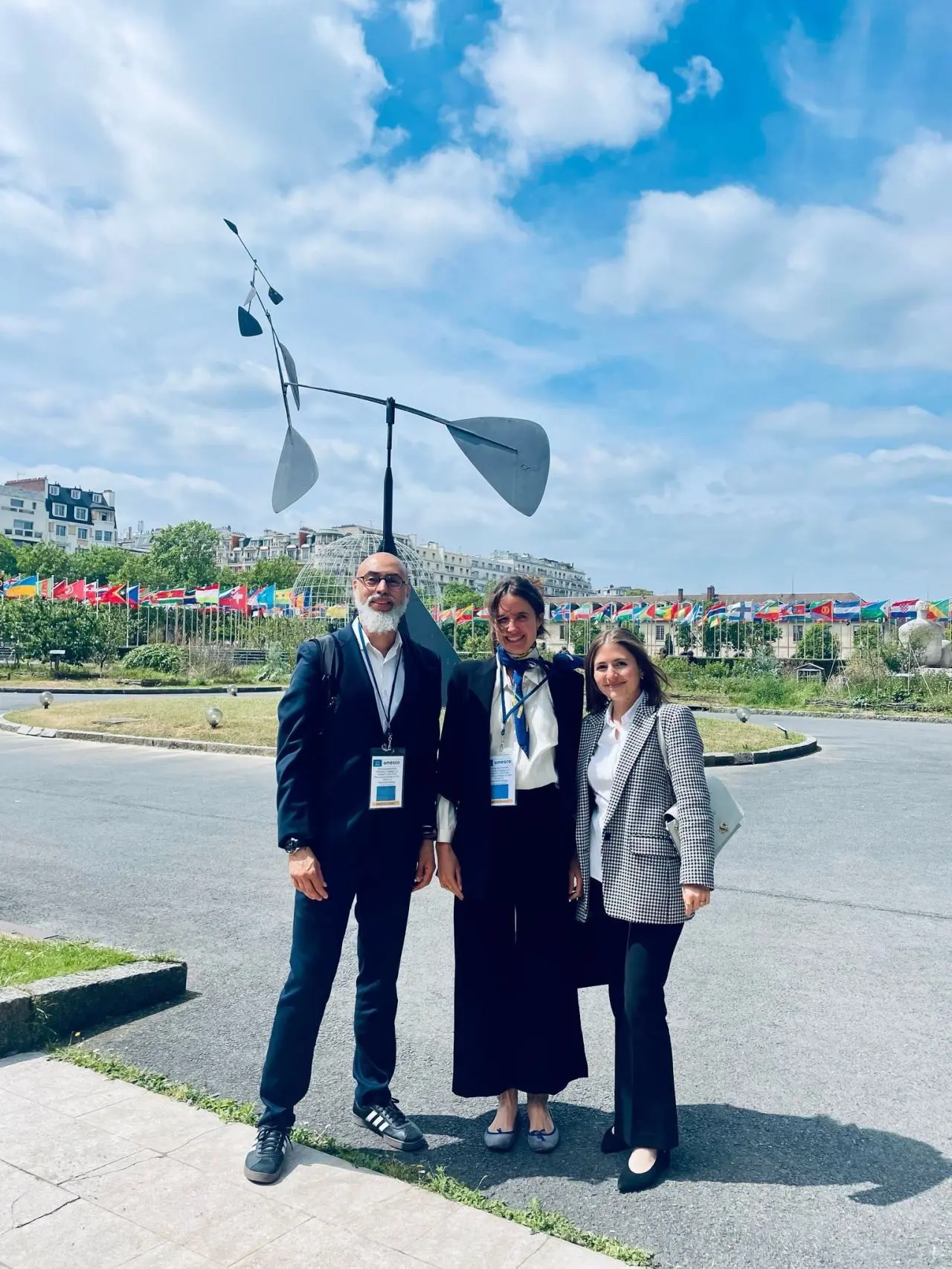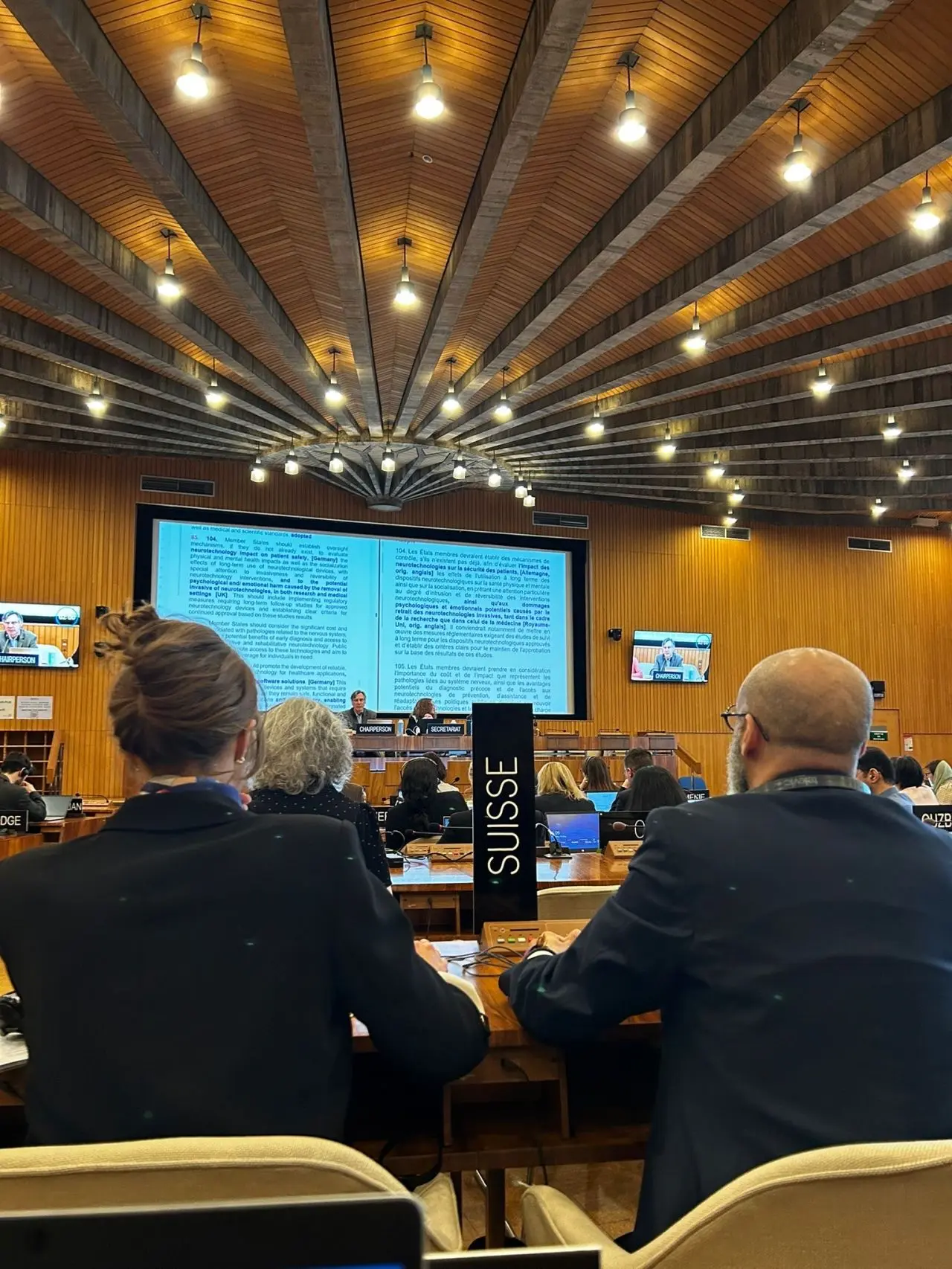CAI contributes actively to the development of recommendations on the responsible development of neurotechnologies
Dr. Chavarriaga, head of the Responsible AI Innovation at CAI, contributed to two major global recommendations on the responsible development of neurotechnologies
Neurotechnologies can measure, analyse and influence brain activity, powering innovations in prosthetics, assistive tech, brain-machine interfaces, and even gaming. While they promise to enhance lives as they are used in prosthetic devices, brain-machine interfaces, cognitive training or even gaming, they also raise ethical concerns around health, inequality, privacy, and free will.
Multiple international organisations have stepped-up by developing guidelines for the responsible development of neurotechnologies. Dr. Ricardo Chavarriaga, lead of Responsible AI Innovation at the ZHAW Center of Artificial Intelligence, has been actively involved in the recent release of two important guidelines on this topic.
The intergovermental negotiations on the UNESCO Recommendation on the Ethics of Neurotechnologies took place from May 12th to 16th at the UNESCO headquarters in Paris. Dr. Chavarriaga joined the Swiss delegation in these negotiations, which were the last step of a year-long process in which experts, groups of interests and policy makers drafted the text of this recommendation, which will be submitted for approval by the UNESCO general assembly next Fall. This recommendation will be the first global instrument on the ethical governance of these technologies.
Another major milestone was achieved with the release of the European Charter for the Responsible Development of Neurotechnologies. This charter outlines a set of principles that organizations should follow when developing, adopting or overseeing neurotechnology systems. The charter was developed by a group of representatives of academia, industry, and policy making and has already been endorsed by key actors of the European innovation landscape on neurotechnology.
These two initiatives aim at promoting the potential benefits of neurotechnologies, while mitigating their risks. The key themes we can find across these recommendations include:
- Enabling the benefits of innovation on neurotechnologies
- Address the intersection between neurotechnologies, AI and data privacy
- Ensure consistency across different regulatory frameworks for health-related and consumer technology
- Special considerations for applications for people with disability and in situation of vulnerability
- Mitigate risks of increasing inequalities by the use of performance enhancement interventions
- Improve education and literacy of all stakeholders
By the engagement of Dr Chavarriaga on these activities, CAI contributes to the definition of good practices in AI and neurotechnologies. Our work on supporting innovation actors, assessing trustwortiness of AI systems or advicing policy makers attest of our commitment to provide practical ways for advancing the development of technologies for the common good
For more information contact : Ricardo Chavarriaga, Responsible AI Innovation, ZHAW Centre for Artificial Intelligence.

